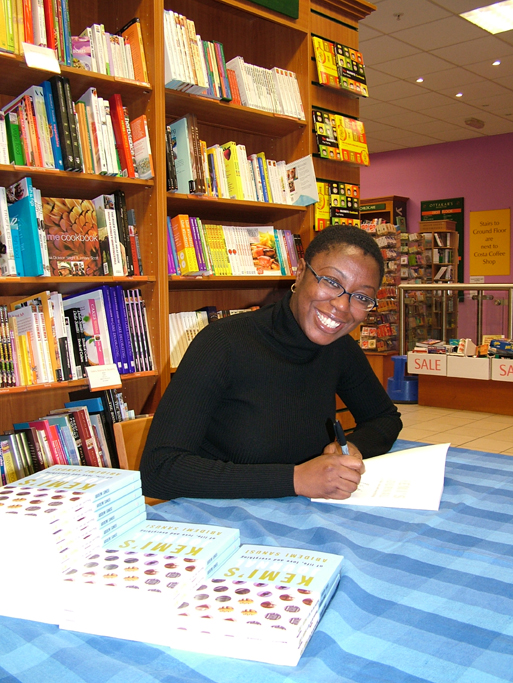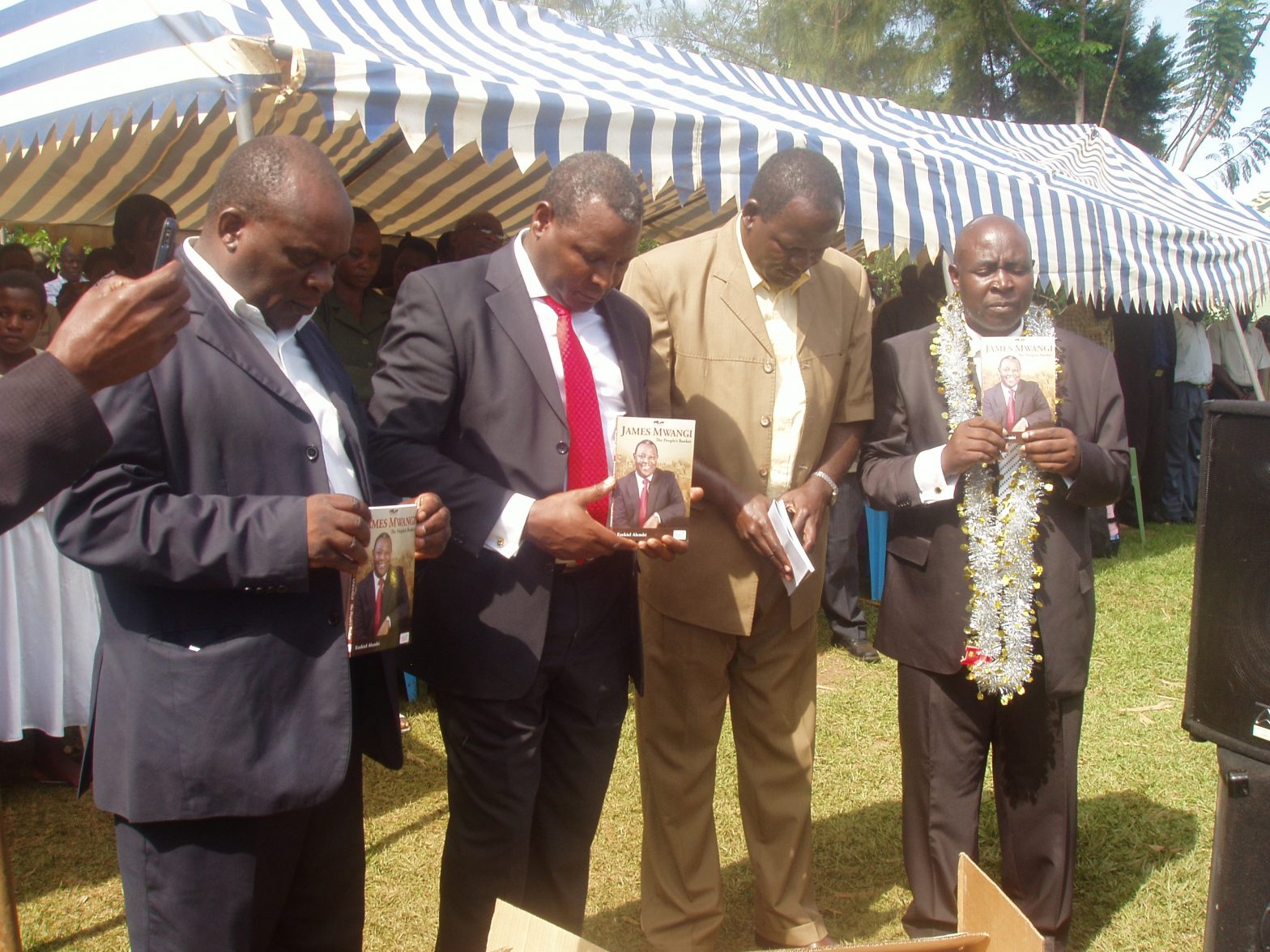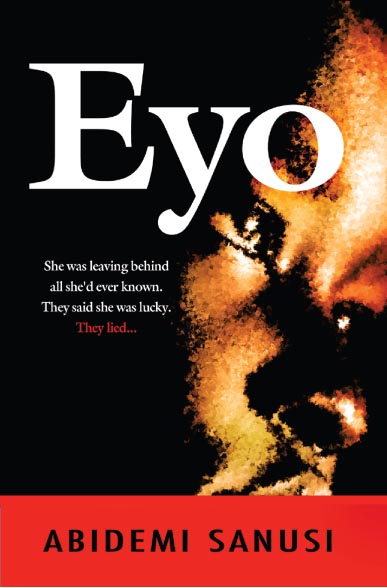Abidemi Sanusi, a Nigerian author, will launch her book, Eyo later this evening, April 7, 2010, at the Nairobi Serena. Eyo, was nominated for the 2010 Commonwealth Writers Prize for Africa. It tells the story of Eyo, a young Nigerian girl who is taken to the UK where she is turned into a sex slave. This book exposes the evils of human trafficking and it is a call on readers to make steps to bring an end to this vile trade. The book is published by WordAlive an indigenous Kenyan publisher. Maisha Yetu sent some questions to Abidemi and she graciously answered them below
Maisha Yetu: What does the Commonwealth prize nomination mean to you?
Abidemi Sanuni: The Commonwealth Prize means a great deal. It’s a prestigious Prize and to be nominated is an honour in itself.
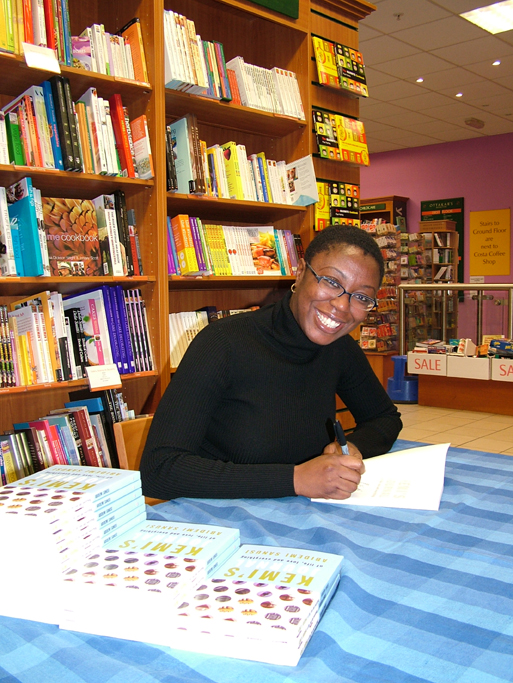
MY: In terms of modern literature Kenya is way behind Nigeria, especially in creative writing, yet you were published by a Kenyan, how did this come about?
AS: I wouldn’t say that Kenya is behind Nigeria in literature or indeed in anything! I facilitated a writing workshop at the University of Nairobi yesterday courtesy of the Department of Literature and I can honestly tell you Africa has a new generation of writers with experimental and innovative ways of bringing African literature to the global marketplace. In terms of meeting Wordalive, this was done through my literary agent. He submitted my manuscript to them and they liked it. The rest, as they say is history.
MY: Is there any hope of eradicating human trafficking especially child prostitution in Africa?
AS: There is always hope and a way to eradicate child trafficking in Africa. A wise person once said that evil thrived when men do nothing. As long as we do nothing about childtrafficking, it will continue to thrive.
MY: It took you seven years to write Eyo, why was it so important for you to write this book?
AS: Eyo was inspired by my time in the field as a human rights worker and also, child trafficking is a real problem in Nigeria. It’s a pandemic and writing Eyo was my way of raising awareness of the issue.
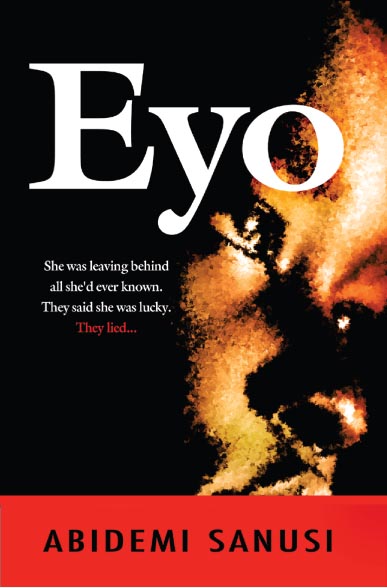
MY: Reading Eyo one can tell that you put in a lot of research into this book, what would you tell up-coming authors who think they can dispense with research and yet expect their books to be well received.
AS: Research adds depth to a writer’s work. Without it, a book doesn’t quite satisfy and leaves the reader unfulfilled.
MY: How has Eyo been received in Nigeria?
AS: Eyo is not yet available in Nigeria
MY: Eyo was the only book, among the Commonwealth nominees, published by an indigenous African publisher, what does this say about African publishing – does it mean that African writers have no faith in their publishers?
AS: African publishing has suffered a great deal in the few decades or so but there is a new generation of publishers such as Wordalive in Kenya and Cassava Republic in Nigeria who are doing amazing work to restore African publishing and put African literature back where it belongs; with the people and accessible to the rest of the world.
MY: What do you think hinders the marketing of African books within Africa, yet books by Western writers are readily available all over Africa?
AS: There used to be a disdain for local literary talent caused in part by bad writing, atrocious editing and poor quality printing. Within this context, you can see why Africans didn’t support local writers. International writers are backed by well heeled western publishers who have the funds to market and promote their authors well in Africa and that is why you see their books in the African marketplace. But that is changing with people like Wordalive who are restoring African literature to its former glory.
MY: Any plans for writing a sequel to Eyo?
AS: There are no plans for a sequel.

